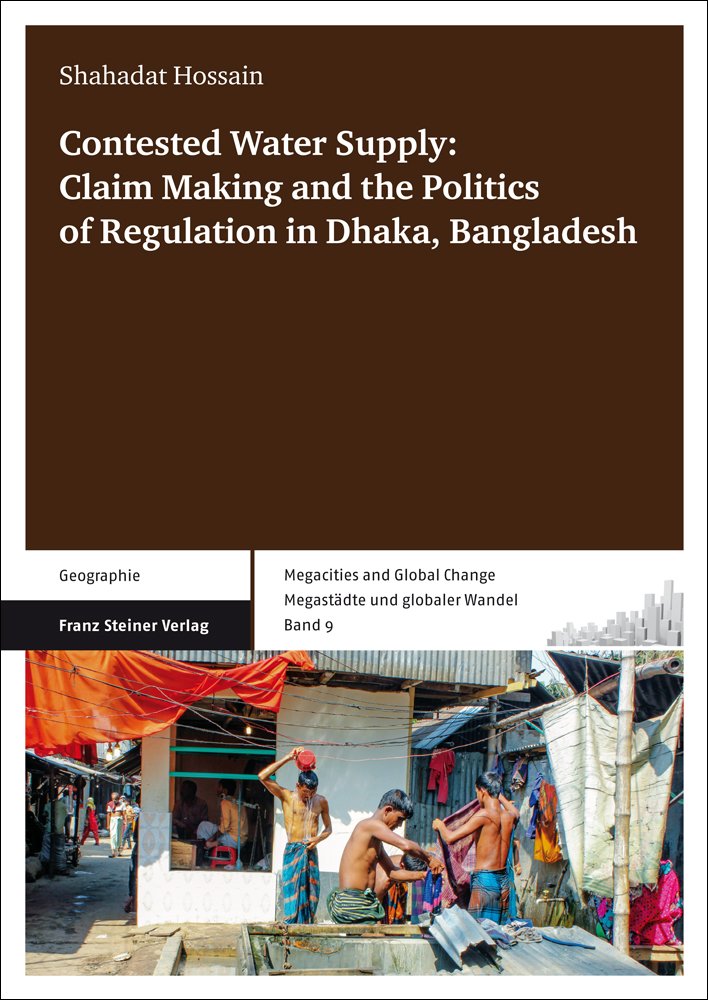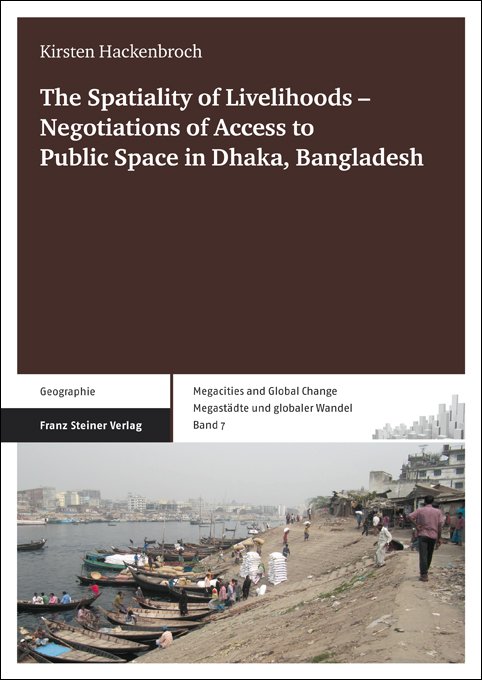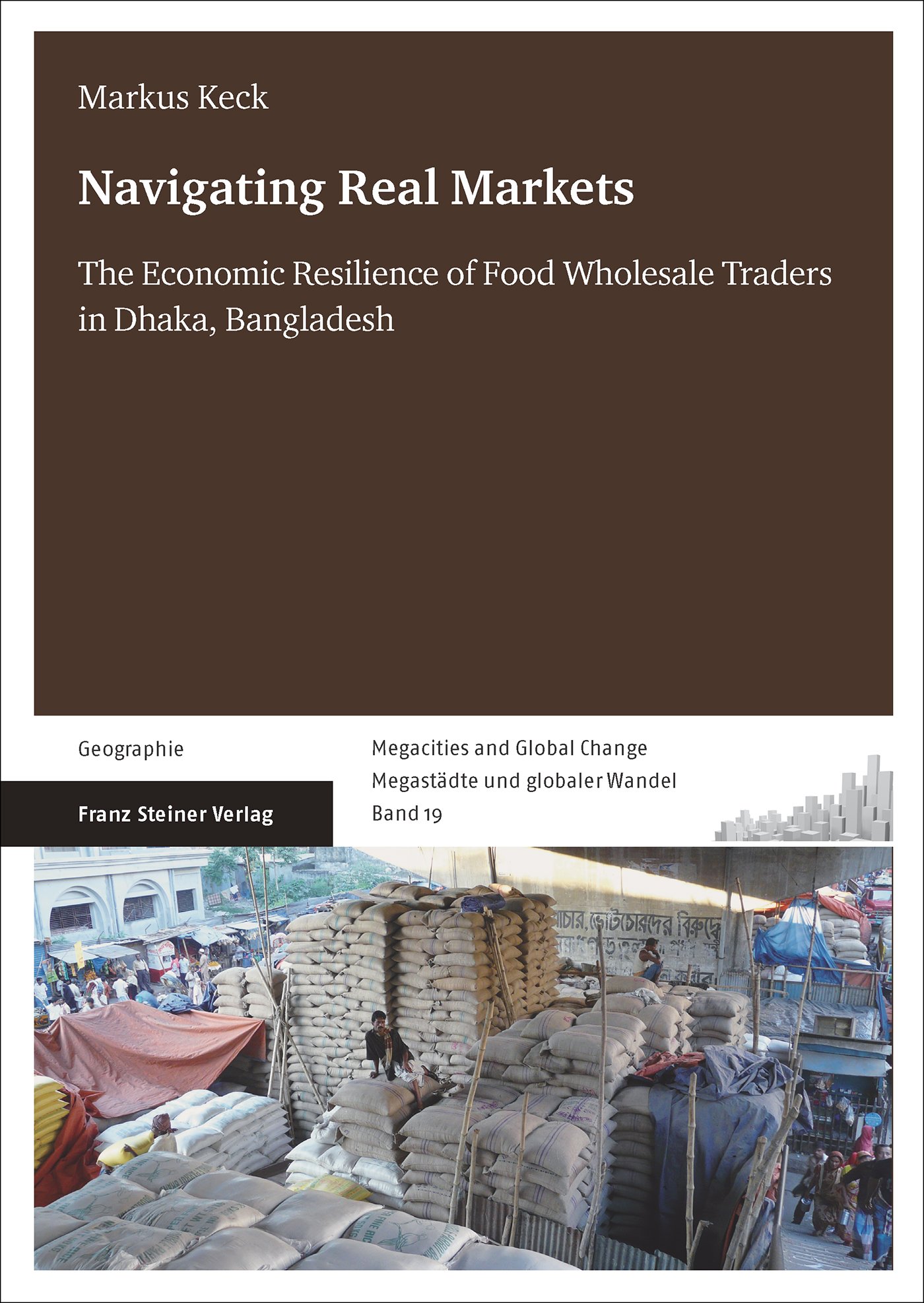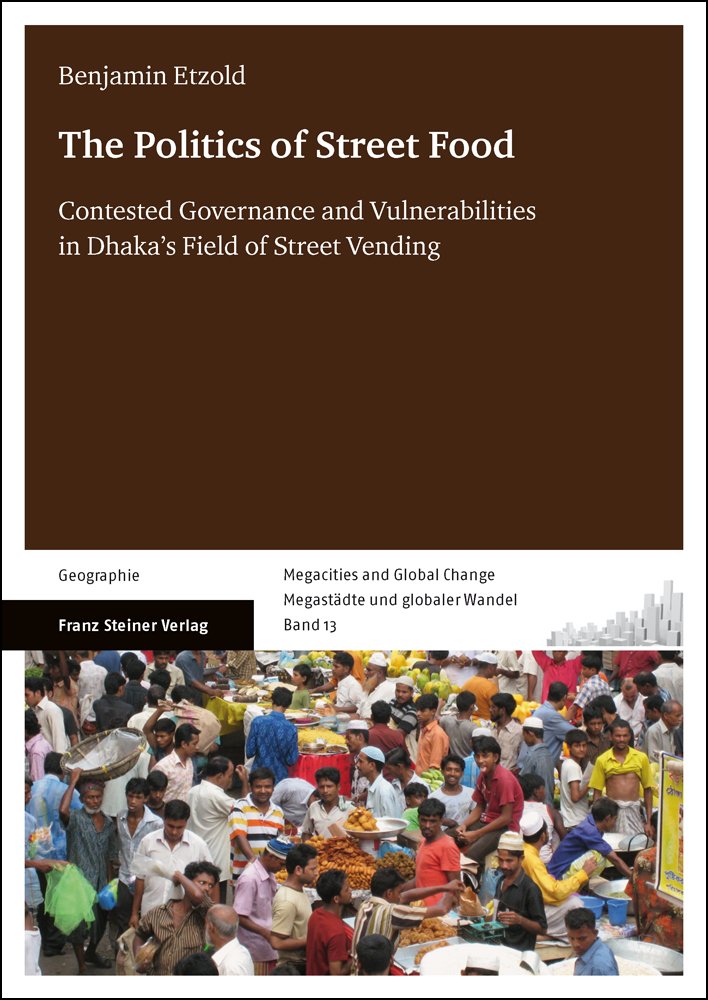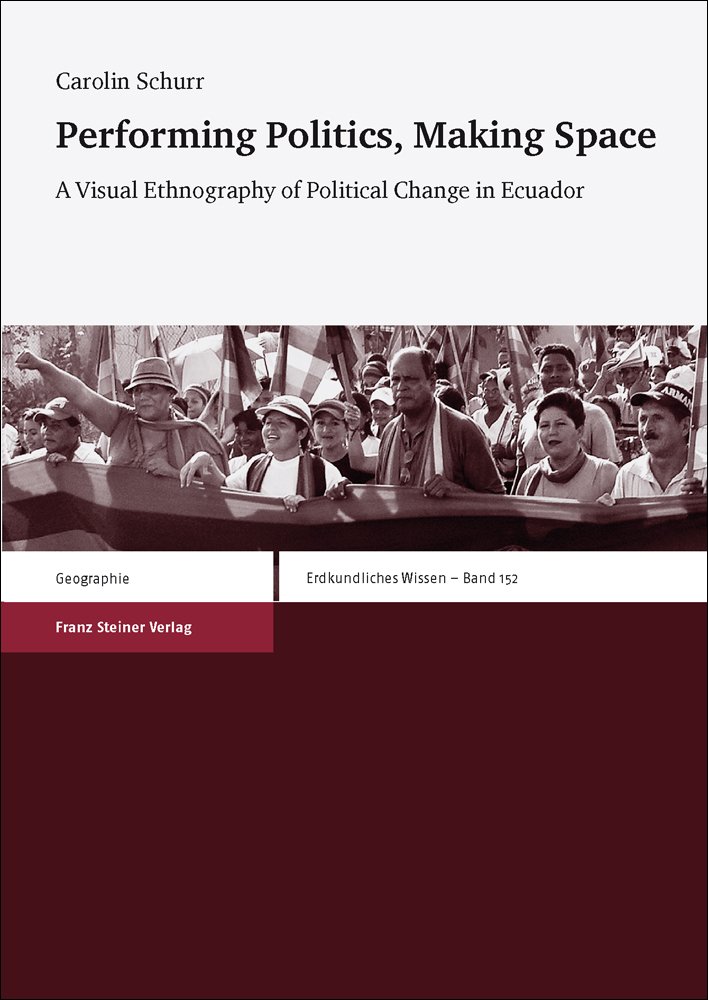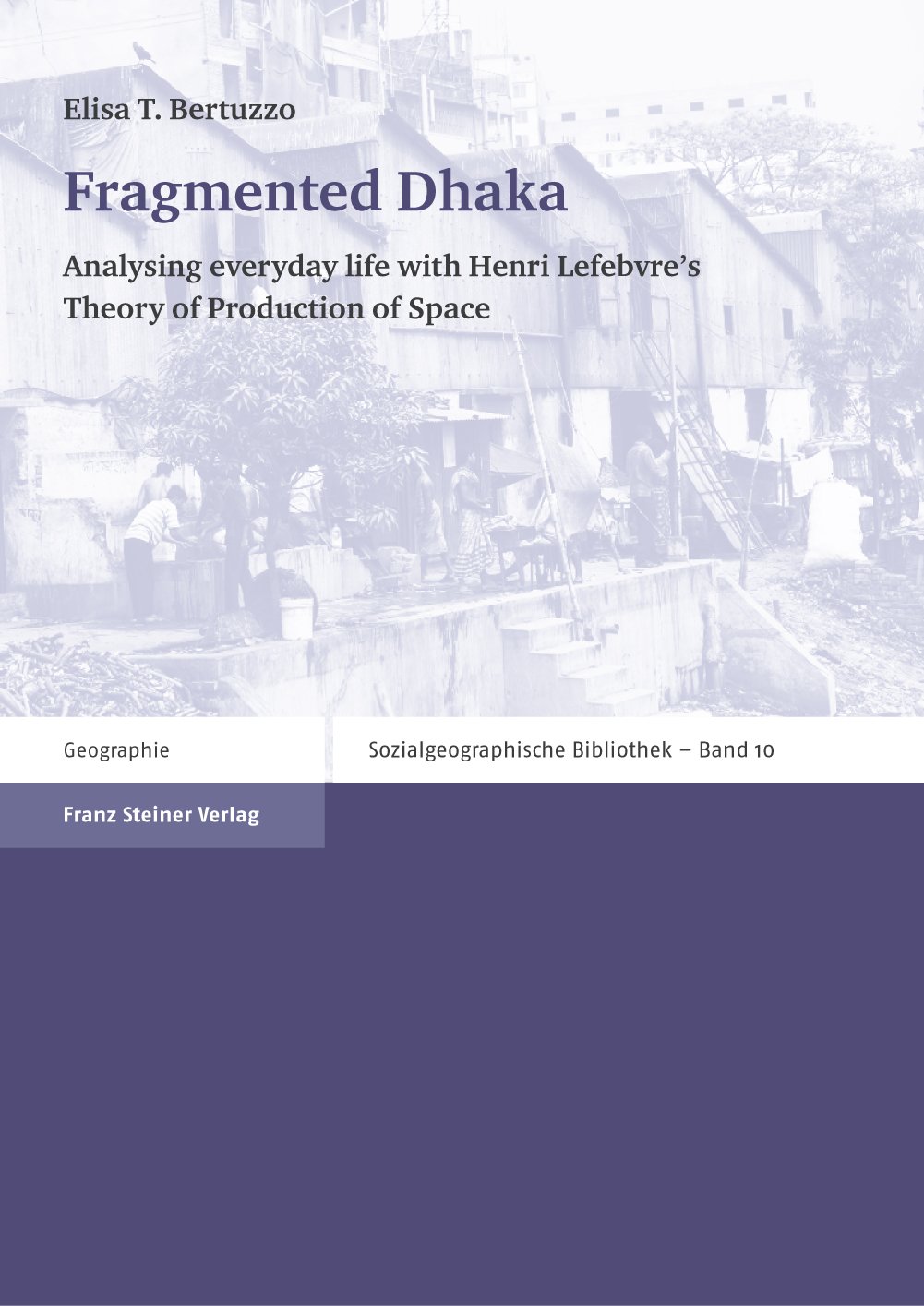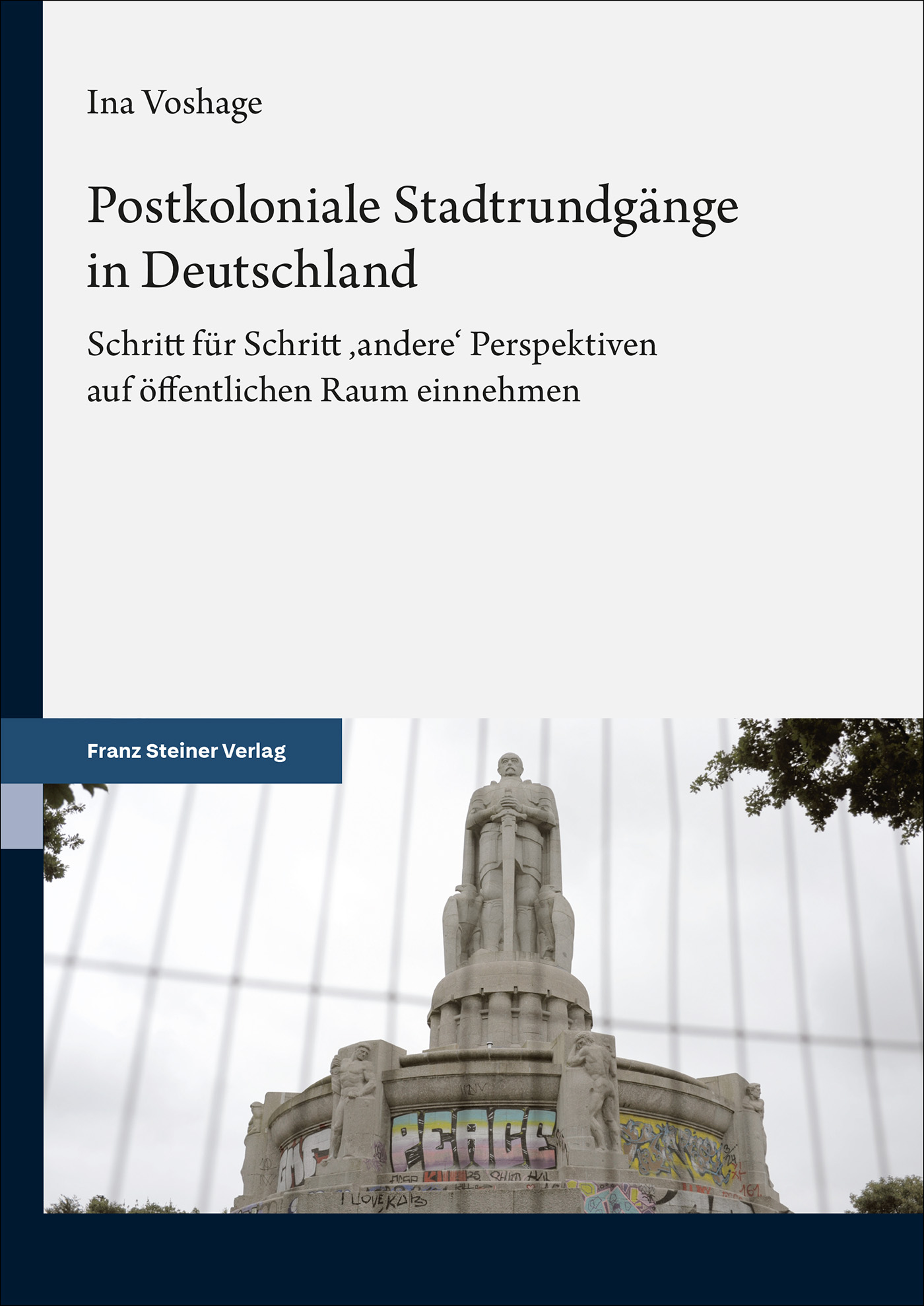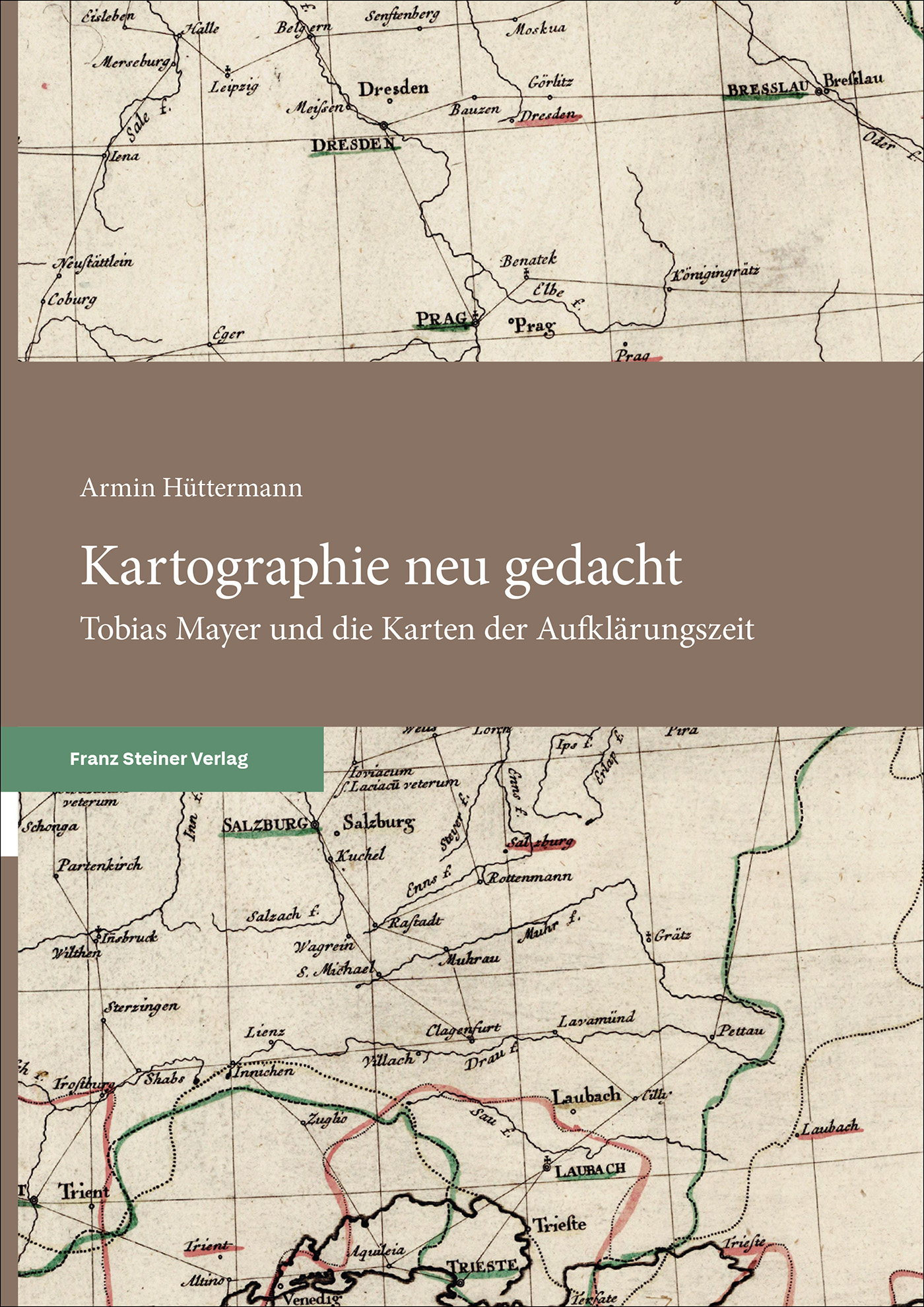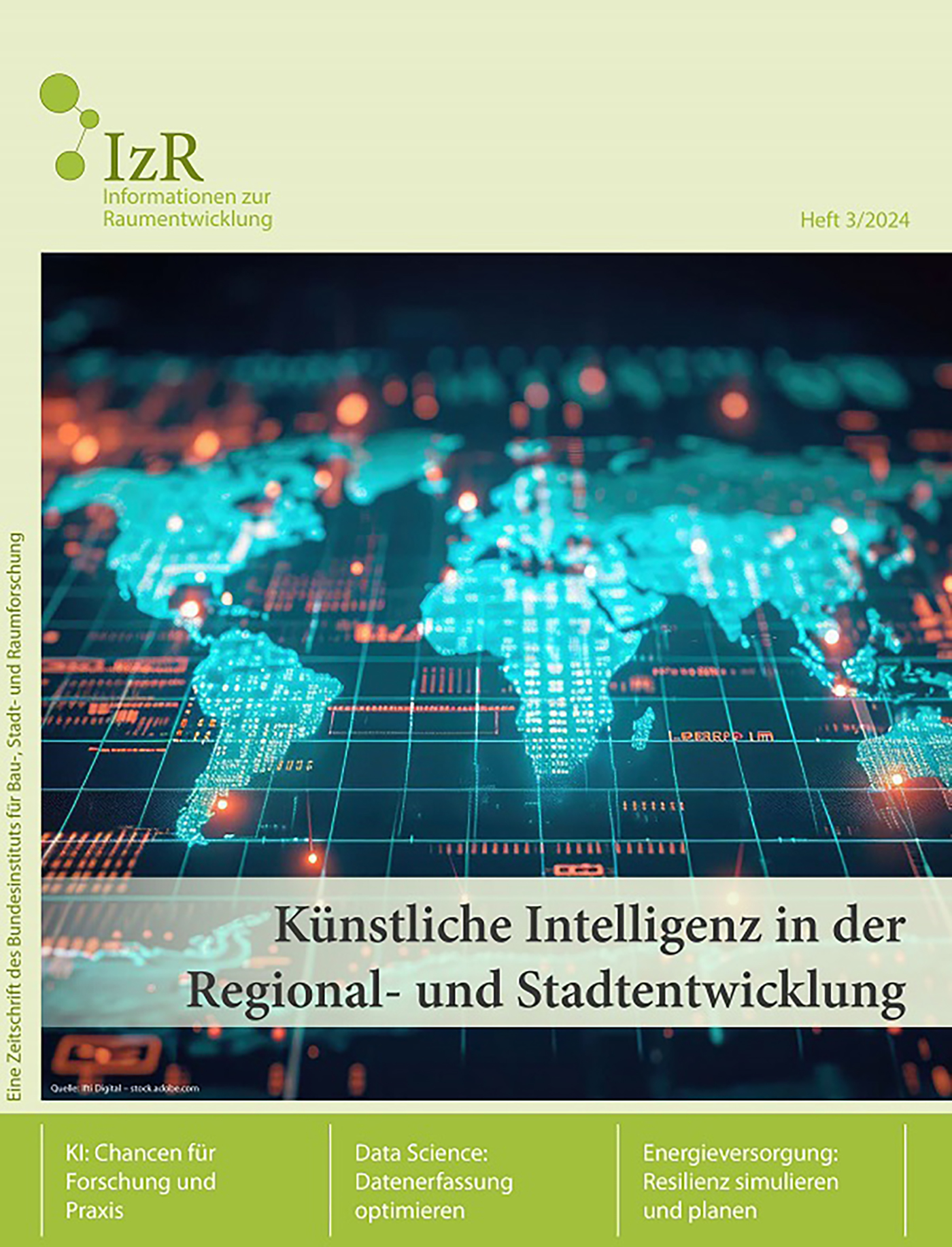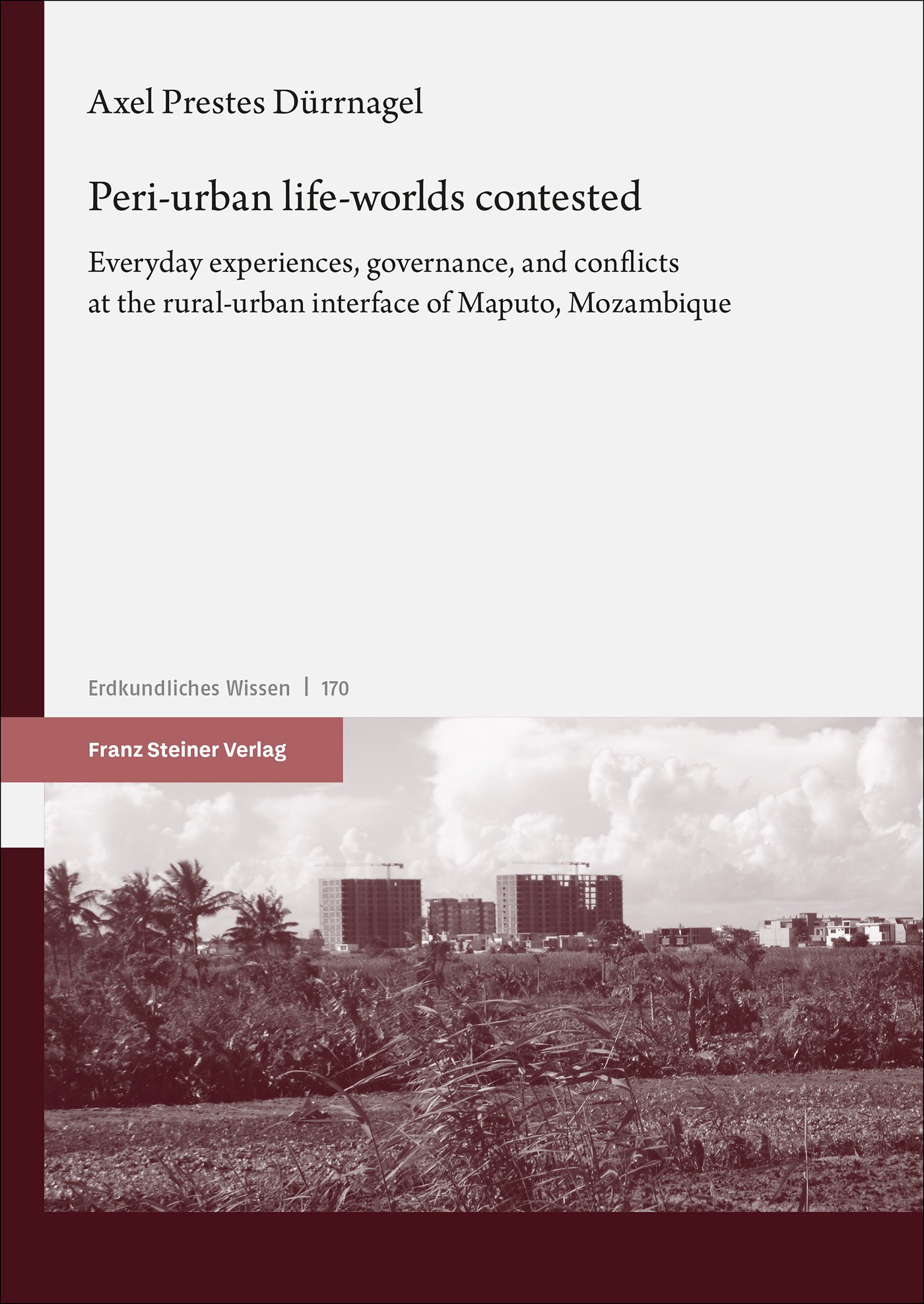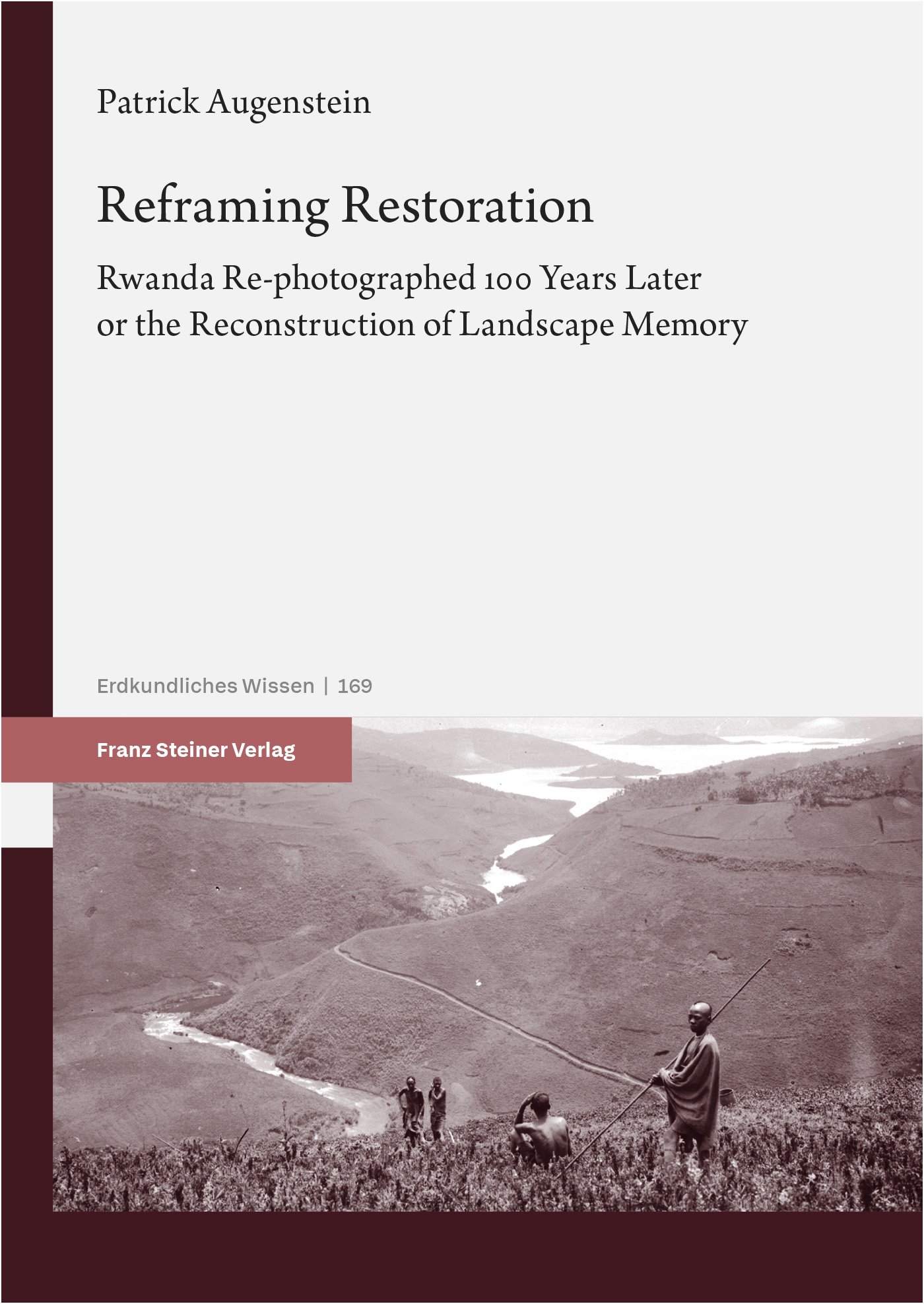Contested Water Supply: Claim Making and the Politics of Regulation in Dhaka, Bangladesh
Contested Water Supply: Claim Making and the Politics of Regulation in Dhaka, Bangladesh
Offering an alternative reading of the contested nature of access to public resources in Dhaka, this book argues that the contestation of access cannot be explained only by the city’s rapidly growing population; it rather describes it as a product of context-specific structures of power and dependency – "the politics of regulation".
This study gives a detailed account of the large diversity of local arrangements and their underlying strategies for negotiation and legitimation in the process of claim making to water supply. It presents constellations of influential actors and their interests and explains how their negotiations in an unbalanced power structure determine the distribution of and access to public water supplies.
The author followed an ethnographic research approach and applied a complex and innovative set of qualitative methods for investigation in a low income inner-city squatter area and in a growing peripheral settlement of Dhaka. Frequent participation in adda (casual talks), and personal access to the water supply authority enabled him to observe the routines of everyday life and the complexities of public decision making.
| Reihe | Megacities and Global Change / Megastädte und globaler Wandel |
|---|---|
| Band | 9 |
| ISBN | 978-3-515-10404-3 |
| Medientyp | Buch - Kartoniert |
| Auflage | 1. |
| Copyrightjahr | 2013 |
| Verlag | Franz Steiner Verlag |
| Umfang | 336 Seiten |
| Abbildungen | 24 s/w Abb., 1 farb. Abb. |
| Format | 17,0 x 24,0 cm |
| Sprache | Englisch |
